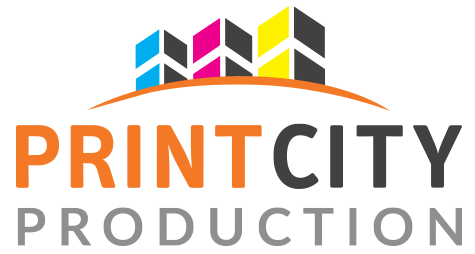Calendars are used to help people handle their personal schedules, resources, and activities, particularly when they have a lot of work, school, or family obligations. To avoid overcommitting their time, people often use several systems and can keep both a business and a family calendar. The main purpose of a calendar is to keep track of the days, weeks, months, and years. It keeps track of which days of the week activities take place, as well as when special events are scheduled. Calendars have traditionally been used to record religious holidays and activities. Now it is tied to organization and coordination of various events in our lifetime.
With the evolution of smartphones, more people have opted to go electronic when it comes to their commitments. Calendars that mark birthdays, anniversaries as well as important work commitments have their own alarms set from different electronic devices- even themes to match the owner’s personality! However, how does this differ from the printed calendars? Why do still most people use the traditional ones? And why is “old, gold?”
The main point of using a calendar is to be more productive. We may have electronic devices now, but most of us still keep either a yearly planner or a printed calendar of some sort. Paper has been linked to printing and writing. The movements used to render each letter are linked to your memory of handwritten words. We retain 5% of what we read, see or hear; we retain 30% more if we write what we read, see or hear. This may be what keeps the memory of what we’ve written in our heads for a little longer. Consequently, making us opt for a printed way of organizing our commitments. Printed calendars like desktop and table top ones are readily available for us- no need to open an app. These printed calendars can also be customized calendars that serve as marketing tools for companies to be better remembered since these are used every day. With an impressive design bearing a company logo and name, your printed calendars do not just assist in organizing your events but a company campaign as well.
